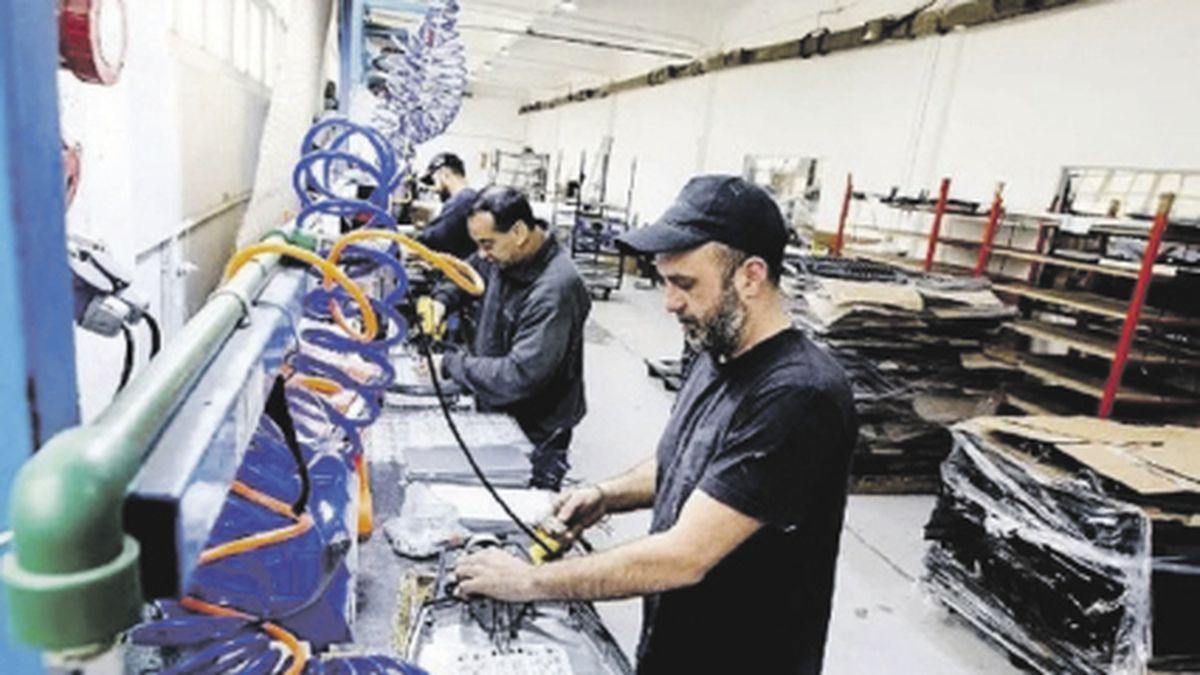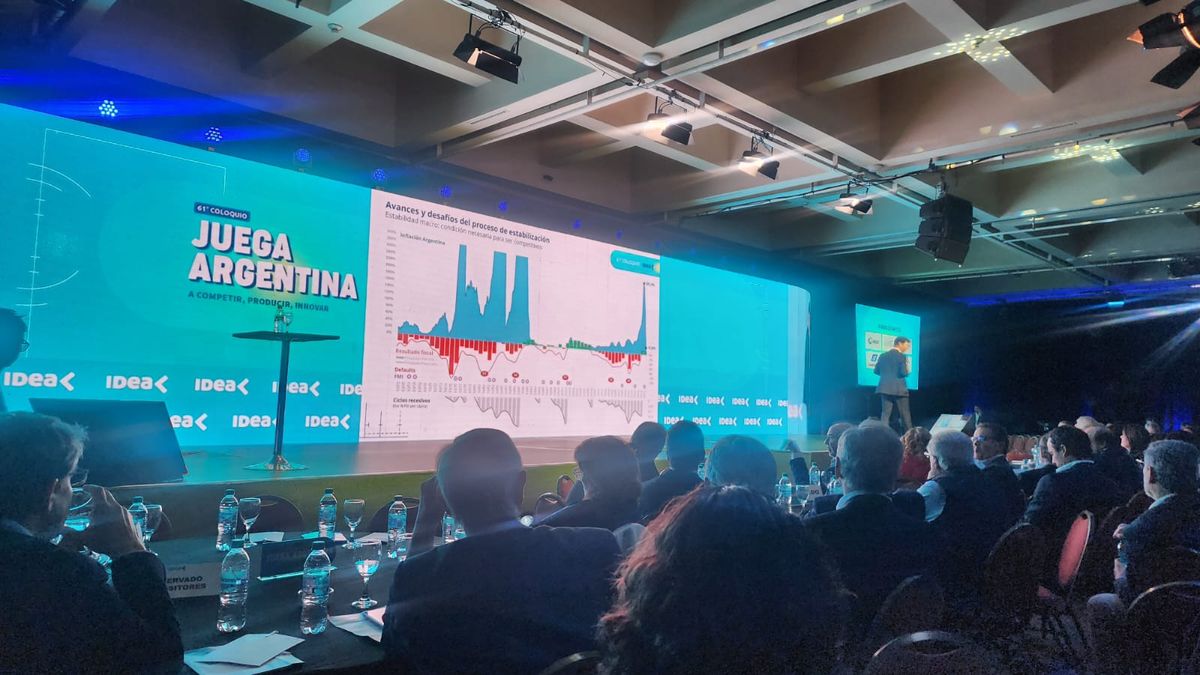Surveys by the Economic Federation of the Province of Buenos Aires (FEBA) show that if consumption falls, in the long run SMEs lower their shutters or go into informality.
He Social Observatory of the Argentine Catholic University (UCA) estimated that Poverty in Argentina would have reached 57.4% of the population in January, the highest record in the last 20 years. But it is not just another percentage, We are talking about 27 million poor people throughout Argentina, of which 7 million live in poverty.
The content you want to access is exclusive to subscribers.
Skyrocketing inflation and stagnant incomes are wreaking havoc on all social classes. How do these numbers impact small and medium-sized businesses? Directly, because Hand in hand with the increase in poverty comes the closure of SMEs. Consequently, entire families are left without work and become part of the majority of poor people in our country.


According to the Argentine Confederation of Medium Enterprises (CAME), in January retail sales of SMEs fell 28.5% compared to the same period of the previous year. In the Province of Buenos Aires the average drop was 20%. The situation is alarming, because there is also a very important number that is almost not talked about, and that is that Of that 28.5%, 37% corresponds to food and beverages, That is, people stopped consuming the basics of the family basket.
The cost of the Basic Food Basket that measures poverty increased 18.4% in January while the Total Basic Basket (CBT), which in addition to food includes other items such as clothing and transportation, rose 20.4% in the first month of the year. All this leads to consuming less, and if there is no consumption, SMEs do not sell. If this situation continues for many months, businesses will inevitably begin to close or fall into informality.
40% of SMEs today are working informally
According to CAME data, between 2011 and 2021, 46 thousand fewer SME companies are registered. Without a doubt, the pandemic accelerated this decline in the sector, which had already been occurring since previous years, and which has deepened again from December to the present. It is important to clarify that many small and medium-sized companies do not disappear, but they became informal. 40% of the total is currently working in that condition.
From the surveys we do from the Economic Federation of the Province of Buenos Aires (FEBA), organization that brings together 250 Buenos Aires Business Chambers, we see that The increase in labor informality is directly related to the increase in poverty. At this rate, the mortality of SMEs will continue to grow.
We urgently need to work on a productive economic plan for the sector, on par with what is being done at the macroeconomic level; It is key to alleviate the tax scheme that chokes commerce and industry; and mainly, it is time to think about policies that accompany businessmen, entrepreneurs and merchants in the face of inflation, which does not stop hitting month after month.
80% of what we SMEs produce is for internal consumption, and if consumption stops, in the short or medium term, we will have more SMEs with the blinds down and, consequently, more families on the streets and below the poverty line.
President of the Economic Federation of the province of Buenos Aires (FEBA).
Source: Ambito
David William is a talented author who has made a name for himself in the world of writing. He is a professional author who writes on a wide range of topics, from general interest to opinion news. David is currently working as a writer at 24 hours worlds where he brings his unique perspective and in-depth research to his articles, making them both informative and engaging.




